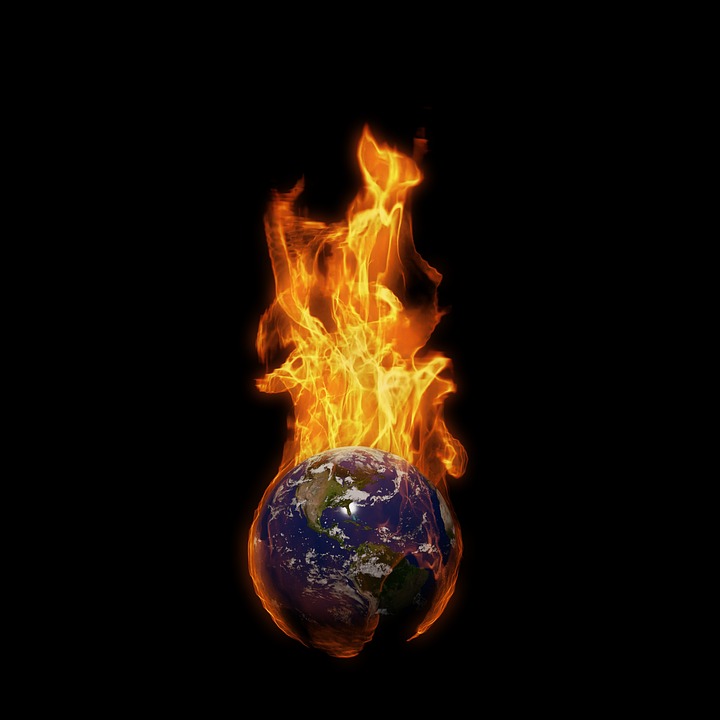How Will Climate Change Affect Hawaii? Understanding the Impacts on the Islands’ Ecosystems and Communities
Hawaii, known for its stunning landscapes and rich biodiversity, is particularly vulnerable to climate change due to its geographic isolation and unique ecosystems. The islands are home to thousands of endemic species and diverse habitats that face significant threats from rising temperatures, sea levels, and changing weather patterns. This overview examines the multifaceted impacts of climate change on Hawaii’s ecosystems and communities.
Rising Sea Levels and Coastal Erosion
Hawaii’s low-lying coastal areas are at risk from rising sea levels, which have increased by over six inches in the past century. Projections indicate that sea levels could rise between 3.81 and 7.91 feet by 2100, posing threats to infrastructure, homes, and natural habitats[1][9]. Coastal erosion is exacerbated by this phenomenon, leading to the loss of beaches critical for tourism and local wildlife. Approximately 70% of Hawaii’s beaches are experiencing chronic erosion, which not only affects recreational areas but also disrupts marine ecosystems that rely on these coastal zones for nesting and feeding[1][9].
Ocean Warming and Coral Reef Health
The warming of ocean waters has led to severe coral bleaching in Hawaii, with predictions suggesting that coral reefs could decline by 70% to 90% if global temperatures rise significantly[5]. Coral reefs are vital for marine biodiversity, providing habitat for fish and other marine life, as well as protecting shorelines from storm surges. The loss of coral reefs threatens not only the ecological balance but also Hawaii’s economy, as about 60% of tourism revenue is derived from activities related to coral reefs[6][9].
Changes in Rainfall Patterns
Climate change is expected to alter rainfall patterns across the islands, leading to drier dry seasons and more intense rainfall during wet periods. This shift can stress water resources, particularly since Hawaii relies heavily on rain-fed aquifers for freshwater supply[1][4]. Increased drought frequency may exacerbate water scarcity issues, impacting both ecosystems and agricultural practices.
Increased Frequency of Extreme Weather Events
Hawaii is experiencing an uptick in extreme weather events such as hurricanes and heavy storms due to climate change. Warmer ocean temperatures contribute to more intense tropical cyclones, which can cause significant damage to infrastructure, agriculture, and natural ecosystems[2][6]. The increased risk of flooding from heavy rainfall further complicates community resilience efforts.
Effects on Native Species and Ecosystems
Rising temperatures threaten Hawaii’s native flora and fauna, many of which are uniquely adapted to specific microclimates. Invasive species may proliferate under warmer conditions, further endangering native species[1][2]. The combination of habitat loss due to climate impacts and competition from invasive species poses a significant risk to biodiversity in Hawaii’s forests and marine environments.
Implications for Agriculture and Food Security
Shifting climate patterns will affect agricultural productivity in Hawaii. Crops sensitive to changes in temperature and precipitation may face challenges that threaten local food security[1][5]. As agriculture adapts to these new conditions, the economic implications could be substantial for communities reliant on farming.
Community and Cultural Impacts
The cultural heritage of Hawaii is closely tied to its natural environment. Rising sea levels threaten coastal cultural sites significant to Indigenous communities. Many traditions depend on access to land and sea resources that are now at risk due to climate change impacts[6][9]. The loss of beaches not only affects tourism but also erodes cultural connections tied to these landscapes.
Adaptation and Resilience Efforts
In response to these challenges, Hawaii has initiated various adaptation strategies aimed at enhancing resilience against climate impacts. These include:
– Conservation Projects: Efforts such as restoring coral reefs and enhancing coastal buffer zones are underway.
– Sustainable Land Use: Policies promoting sustainable practices in agriculture aim to mitigate adverse effects on food security.
– Community Engagement: Programs like Climate Ready Oʻahu focus on empowering local communities through education about climate risks and adaptation strategies[3][8].
FAQs
– Will Hawaii’s beaches disappear due to climate change?
Yes, many beaches are already eroding due to rising sea levels.
– How will climate change impact tourism in Hawaii?
Tourism may decline as natural attractions like coral reefs diminish due to bleaching.
– What is being done to protect Hawaii’s coral reefs?
Conservation efforts include coral restoration projects and community engagement initiatives.
– How vulnerable are Hawaii’s native species to climate change?
Native species face significant threats from habitat loss and invasive species exacerbated by climate change.
– Are there renewable energy efforts in Hawaii to combat climate change?
Yes, Hawaii aims for 100% renewable energy by 2045 through various initiatives focused on solar, wind, and ocean energy[5].
Conclusion
The impacts of climate change on Hawaii are profound, affecting its environment, economy, and communities. Addressing these challenges requires robust adaptation strategies that protect both natural ecosystems and cultural heritage. As the islands face an uncertain future, proactive measures will be crucial in safeguarding their unique beauty for generations to come.

Kyle Whyte is a notable scholar and professor at the University of Michigan, holding positions such as the George Willis Pack Professor in the School for Environment and Sustainability and Professor of Philosophy. Specializing in environmental justice, his work critically examines climate policy and Indigenous peoples’ ethics, emphasizing the nexus between cooperative scientific endeavors and Indigenous justice. As an enrolled Citizen Potawatomi Nation member, he brings a vital perspective to his roles as a U.S. Science Envoy and member of the White House Environmental Justice Advisory Council. His influential research is supported by various prestigious organizations including the National Science Foundation, and disseminated through publications in high-impact journals. Kyle actively contributes to global Indigenous research methodologies and education, with affiliations to numerous institutes and societies dedicated to traditional knowledge and sustainability. Recognized for his academic and community engagement, Kyle has earned multiple awards and served in various visiting professorships. His efforts extend to leadership positions on boards and committees focused on environmental justice nationwide.
